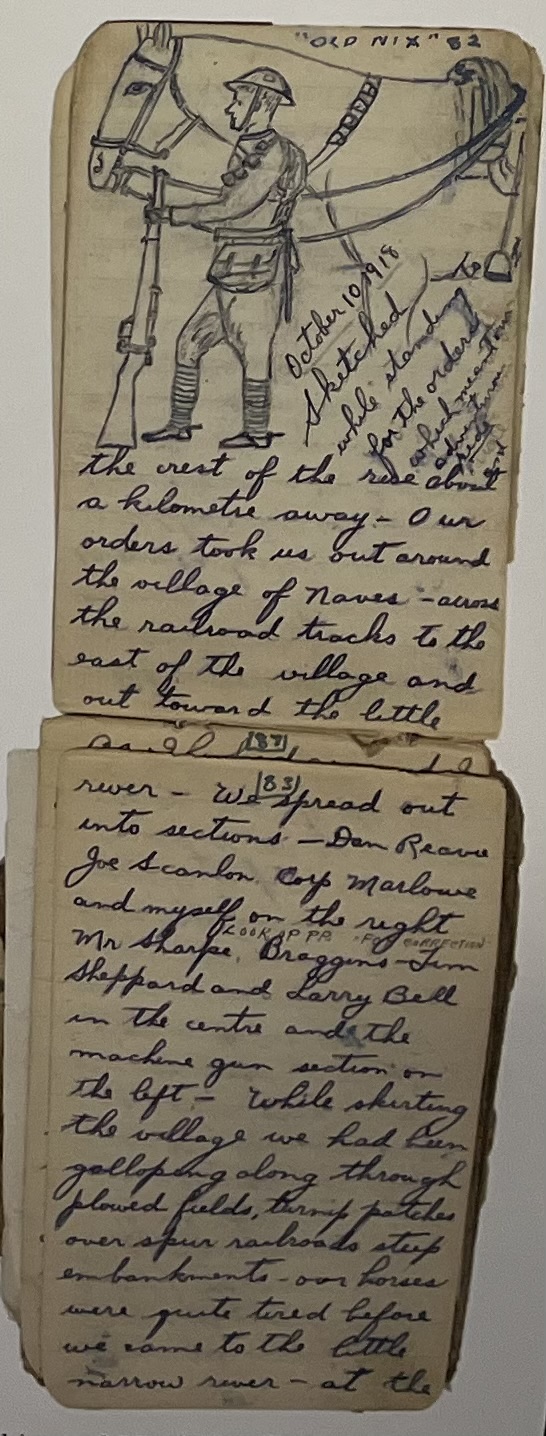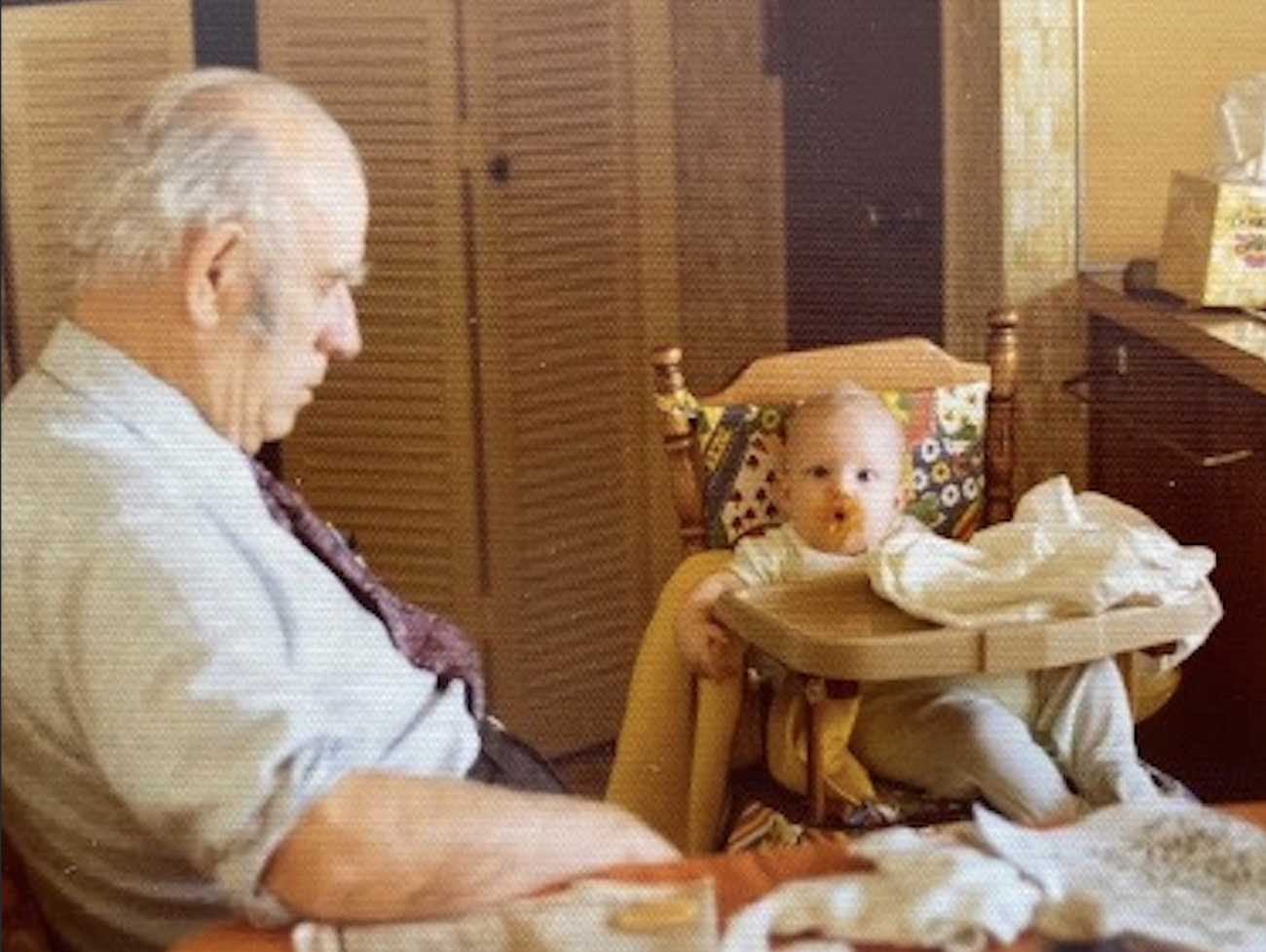The world continues to face many challenges, from geopolitical unrest to tragic wars to economic volatility. Heightened levels of polarization are causing anger, anxiety, and extreme frustration as respectful debates are often impossible. Furthermore, the rapid pace of AI and the need to keep up with technology adds extra pressure to already busy work lives. Organizations are doing more with fewer people, causing unsustainable workloads, high levels of stress, and ultimately, potential burnout.
Levels of high anxiety (13%), depression (10%), and feelings of burnout (24%) have all increased slightly in the last year (Mental Health Research Canada, 2024)1, and these current conditions are not helping. I like to say the world is a tricky place these days. According to the Oxford Dictionary, tricky is defined as: “of a task, problem, or situation requiring care and skill because it’s difficult or awkward.” Of course, much stronger language could be used, but difficult is a good word to capture what many of us are facing, and awkward is an understatement in my opinion. Depending on where you are in the world, brutal may be a better choice.
When I think about the state of our world, I would argue that it has always been difficult, more or less, and that those who successfully navigate tricky and uncertain times do so by controlling what they can one day at a time. Focusing solely on what we can’t directly control is anxiety-provoking and unsettling. Anxiety lives in the future and is the fear of things going wrong. Focusing on the past and regretting things that we did or didn’t do is also unhealthy. We need to distill what we can learn from our past, but not dwell on mistakes or regrets.
Consider the following list of what you can’t fully control:
- Political/economic outcomes & polarity
- Natural disasters
- Accidents and emergencies
- Life and work curveballs
- The past and the future
- Death of ourselves or our loved ones
How much time do you spend worrying or ruminating about any of these things? Does your mind go to worst case scenarios, plaguing you with fear? If so, it’s imperative to focus on the present, and what you can control today and tomorrow. It’s your daily, intentional activities that make a big difference for your state of mind in these tricky times.
Consider the following list of what you can control:
- Practicing gratitude/mindfulness/journaling
- Getting exercise
- Time in nature
- Eating well
- Reframing your reactions to life’s curveballs
- Connecting with others
- Doing activities (hobbies, art, music, writing, etc.) you enjoy
- Taking a break from media when it’s causing you anxiety.
An example comes to mind of my grandfather, George Hambley, who fought in World War 1, living in the trenches at Vimy Ridge for months in 1917 as a young man just entering his 20s. He had moved into Vimy after losing his good friend, Marlow, as well as his beloved horse, Nix, to machine gun fire while liberating the town of Iwuy, France. See photo below of my grandpa with Nix on a memorial in Iwuy, and him in uniform.


As if life wasn’t hard enough, living in the rat-infested trenches of Vimy while covered in fleas for months, not knowing when you might lose your life, would normally make one lose hope and suffer chronic anxiety and depression. Yet my grandfather focused on what he could control. He wrote in his beloved journals almost daily, detailing the events and the little things to be grateful for, like when Christmas dinner was served in the trenches. He would draw (art is a form of therapy), and he would express himself on those pages. See pages from his journal below (note that his diaries are stored in the Archives of Manitoba, as they turned out to be a prolific account of World War 1). I believe his journaling and mindfulness activities grounded him and enabled him to face each day with more hope than if he had simply vented his rage constantly with his comrades.

As you go forward through these tricky times, what will you do to focus on what you can control, and release what you cannot control?
One more thing— humor is so important during uncertain times. Life is challenging, but we need to laugh at ourselves and life’s situations. Due to the noxious gas my grandpa experienced in WW1, he suffered narcolepsy in his life. Here is a pic I love of him “babysitting” me. Enjoy a laugh!

I will continue to share research findings, tools, tips, and information about my upcoming book about toxic bosses in my monthly e-newsletter and social media channels:
Youtube: @dr.laurawhereworkmeetslife
Facebook: @Dr.Laura.whereworkmeetslife
Instagram: @dr.laura__
Tik Tok: @drlaura__
X: @DrLaura_
References:
- Mental Health Research Canada. (2024). Psychological Health and Safety in the Workplace. https://www.mhrc.ca/psychological-health-and-safety-2024
Dr. Laura Hambley is a thought leader on Career and Workplace Psychology, passionate about career development. She founded Canada Career Counselling in 2009, however has specialized in career development since 1999 through her Master’s research and counselling in different settings, including outplacement and career transition firms in Alberta.
Dr. Laura learned early on that effective career planning enhances wellbeing, confidence, and clarity in one’s work and life. Combining the expertise of Psychology with Career Counselling is what she sought to do as she founded and evolved Canada Career Counselling from Calgary to Toronto, Victoria, and Halifax, providing Career Counselling and Career Coaching to thousands of clients over many years.
Dr. Laura enjoys her work as a Career Counsellor and Career Coach to professionals who are in mid- or senior stages of their career, helping them navigate complex career decisions and pivots. Her extensive experience as an Industrial/Organizational Psychologist, enables her to understand and address the challenges faced by individuals, leaders, teams, and organizational cultures. Having consulted to a wide range of organizations since the late 1990s, and becoming a future of work thought leader, has enabled her to help individuals and organizations navigate the latest trends impacting today’s organizations.
Dr. Laura fulfilled her dream of having her own podcast in 2020, called Where Work Meets Life™, where she interviews experts globally on topics around career fulfillment and thriving humans and organizations. She is a sought-after keynote speaker for organizations, associations, conferences, and events.
In addition to her Master’s in Counselling Psychology (1999), Laura holds a Ph.D. in Industrial/Organizational Psychology (2005) from the University of Calgary. She is a Registered Psychologist with the College of Alberta Psychologists, as well as a member of the Psychologists’ Association of Alberta and the Society of Human Resource Management (SHRM). She also contributes to teaching, supervision, and research as an Adjunct Professor of Psychology at the University of Calgary.
For more resources, look into Dr. Laura’s organizations:





